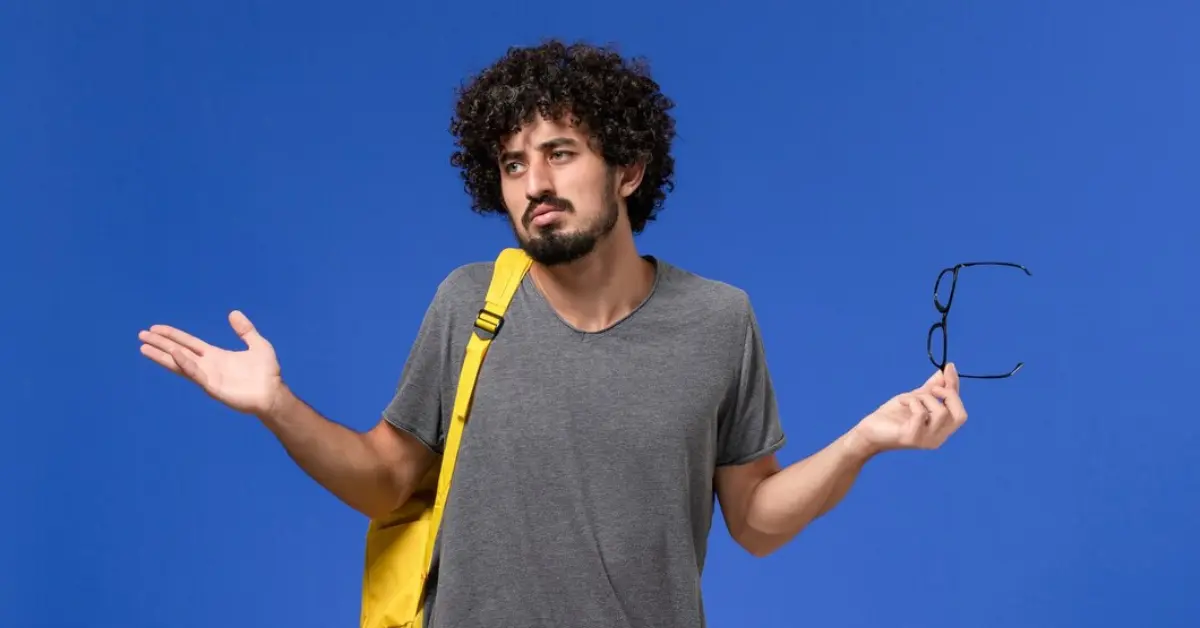Remitforex – The Money Transfer Expert
Remitforex – The Money Transfer Expert




The U.K. government under Sunak has recently announced changes to the dependent visa policy, which will be implemented from January 2024. From then, international students will not be allowed to bring their dependents to the U.K. except those in research postgraduate programs. It marks a stark deviation from the previous policy, which allowed international students to get their spouses and children with them on their student visas.
The government believes that this change is imperative to reduce net migration to the U.K. Over the past few years, the number of dependents entering the country on student visas has increased significantly, from 16,000 in 2019 to 136,000 in 2022. The government claims that this has put a strain on public services and has made it more challenging for British citizens to find housing.
Moreover, the government believes this change is necessary to prevent people from using student visas as a backdoor route to work in the U.K. Under the current rules, students can switch to a work visa after completing their studies. However, the government alleges that some people are exploiting student visas to come to the U.K. and then find work illegally.
Drastic changes are being implemented in overseas education and migration. Better to understand the topic deeply; you should know what F-1 and F-2 Visas are.
It is a nonimmigrant visa that enables international students to enter the U. S. and study at any SEVP institution. The F-1 visa is the most sought-after type of student visa for students who aspire to study at a U.S. institution. If you are granted an F-1 student visa, you can enter the U.S. up to 30 days before the start date of your program of study. You will also be able to work part-time on campus and apply for Optional Practical Training (OPT) after completing your studies.
If you want to study abroad & know all the procedures, please read more on F-1 Visa at https://blog.remitforex.com/can-your-us-student-visa-be-denied-all-your-questions-on-f-1-visa-denial-and-reapplication-answered/
The F-2 visa allows spouses and unmarried children under 21 of F-1 visa holders to join them in the U.S. while they study.
If your visa application gets approved, you will receive an F-2 visa.
You can arrive up to 30 days before the start date of the F-1 student’s program of study. This is true for your initial entry into the United States on your F-2 visa. After your initial entry, you will generally be able to re-enter the United States even without the presence of the F-1 visa holder. But exceptions to this rule is there. Only the U.S. CBP officer at the port of entry has the final say on whether or not you are allowed to enter the United States. If the CBP officer is unsatisfied with your answers to their questions or believes you are not a legitimate F-2 visa holder, they may deny you entry into the United States.
Please note:
Suppose you have questions about when to arrive in the United States on your F-2 visa. In that case, you should contact the U.S. embassy/ consulate in your home country or a qualified immigration attorney.
F-2 visa holders are subject to several restrictions, including:
If an F-2 visa holder violates these restrictions, they may be subject to deportation from the United States.
Here are some additional things to keep in mind about the restrictions on F-2 visa holders:
If you have any questions about the restrictions on F-2 visa holders, contact the U.S. embassy or consulate in your home country.
For more details, please feel free to reach us: https://remitforex.com/services/contact.html.

